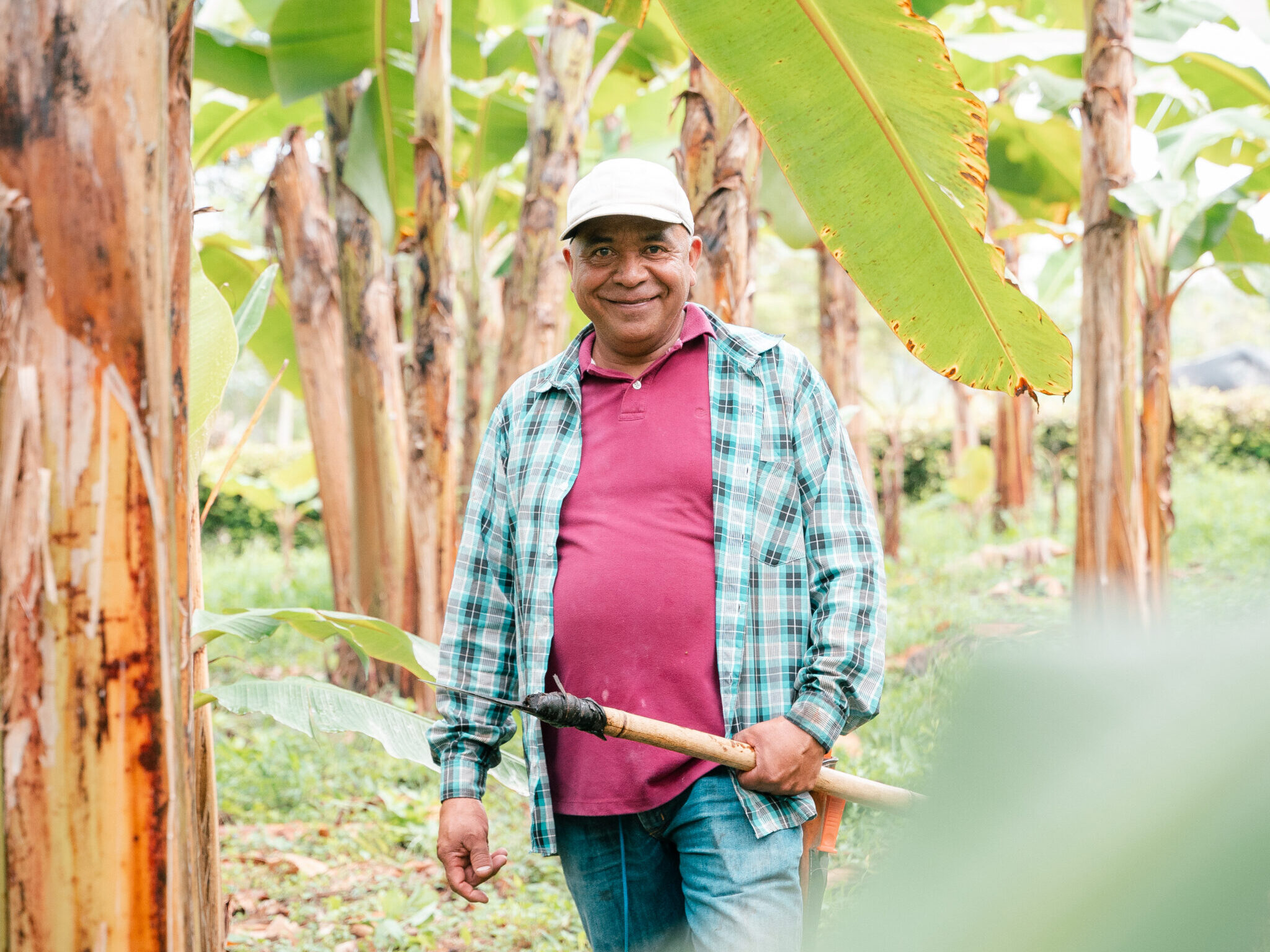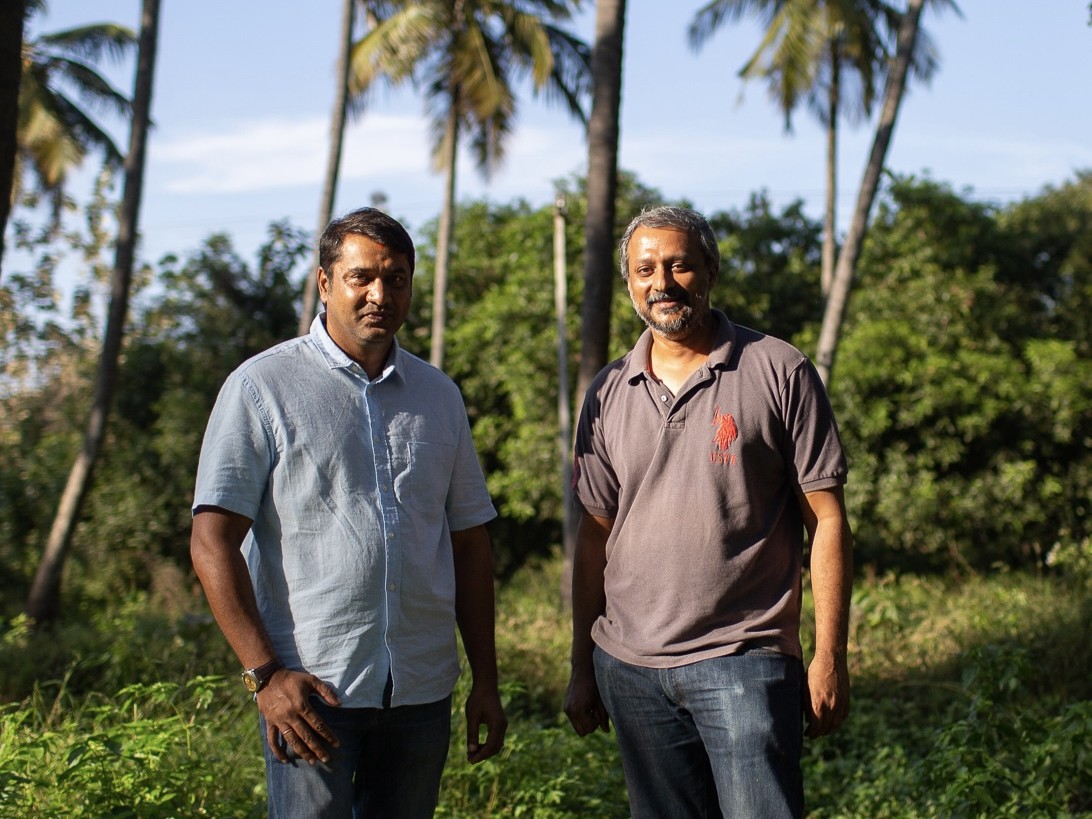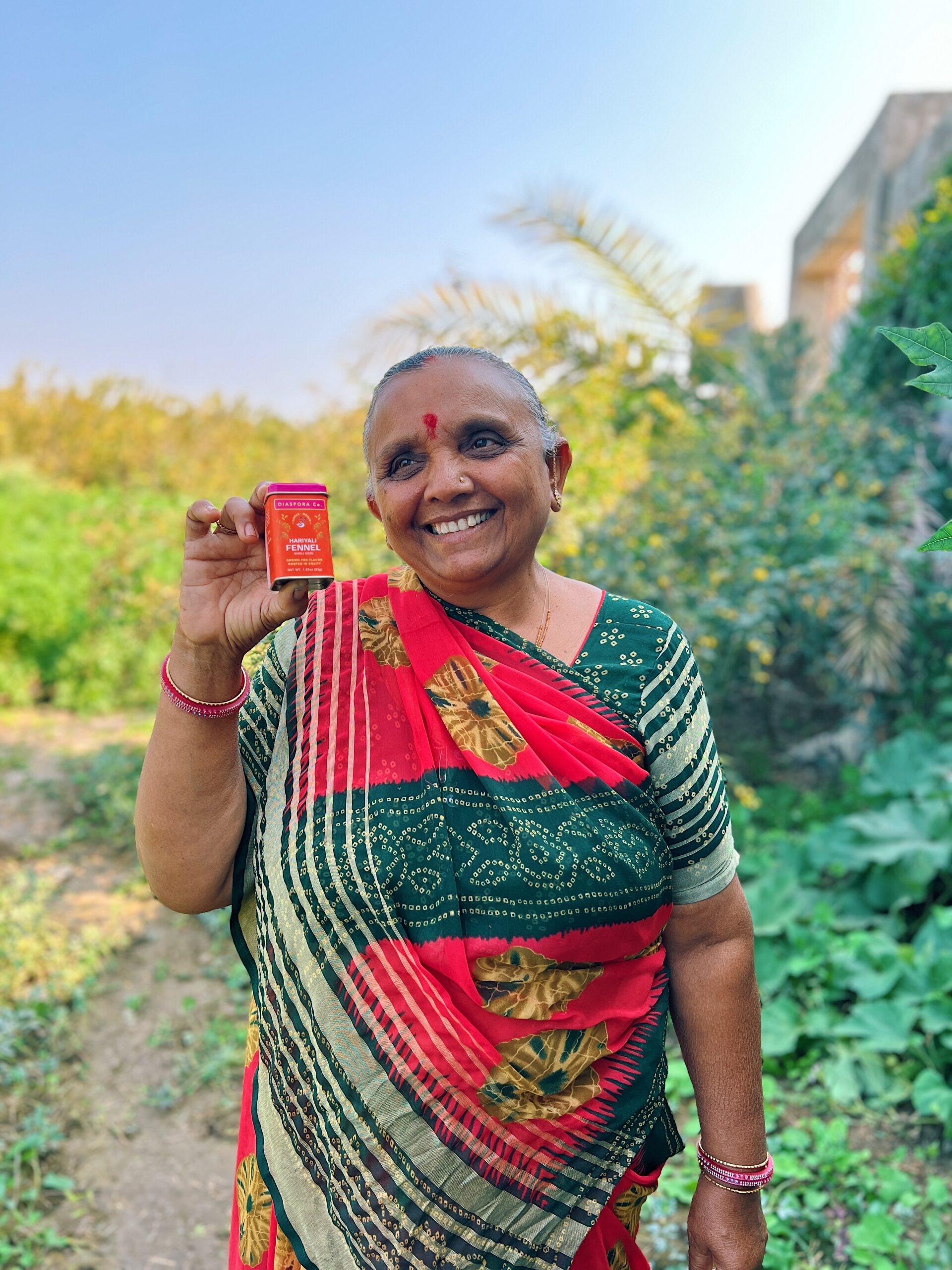The RSF Seed Fund provides small unrestricted grants between $500 and $3,500 to new organizations that respond to community needs and are committed to Diversity, Equity, and Inclusion. Grantees must demonstrate a capacity for effectiveness and impact in addressing their cause.
The fund is advised by a rotating group of staff members each Spring who review the proposals and decide which projects will receive grants. This year, we had staff from four different teams represented (Investments, Lending, Marketing, and Philanthropic Services.) These cross-departmental committee members participate in the grantmaking process, and our diverse professional backgrounds and expertise ensure that we have a fresh perspective in each grantmaking cycle.
Congratulations to this year’s recipients and thank you to all of the inspiring organizations who applied –we are grateful for the work you do!
Beneficence Family Scholars Muncie, IN
Beneficence Family Scholars is committed to dismantling poverty by helping single parents achieve higher education. They provide comprehensive Family Advocacy services to help families remove any barriers in their way. They also offer a range of programs, along with their community partners, in areas such as personal finances, children’s literacy, nutrition and wellness, career planning, and more. They are proud to empower single parents in their community, and to pave the way for the next generation.
BlackSpace Urbanist Collective Brooklyn, NY
The collective brings together planners, architects, artists, and designers as Black urbanists. In 2017, they created the BlackSpace Manifesto to practice new ways of protecting and creating Black spaces in the built environment. In the last year they have leveraged their Manifesto-based neighborhood strategy to create and redesign projects that acknowledge, affirm, and amplify Black presence, including directing over $21,000 to minority- and women-owned businesses. From these projects, they deliver customized learning workshops and restorative urbanist experiences – reaching over 1,700 people in the last year – and they interrogate traditional design and urban planning structures through published content about urbanist practice. Through their growing national affiliates in Chicago, New York, and Oklahoma City they aim to see a present and future where Black people, Black spaces, and Black culture matter and thrive.
Chainless Change Fort Lauderdale, Florida
Chainless Change, Inc., aims to positively impact communities in South Florida, through the reduction of recidivism and improving the futures of individuals and families negatively impacted by the criminal legal system. Since its founding in 2018, Chainless Change has spearheaded several initiatives that have improved the lives of justice involved individuals which includes self-advocacy training, peer support, and resource linkage.
COOK Alliance Richmond, CA
The COOK Alliance is a coalition of immigrants, parents, community builders, educators, policy makers, technologists, and home cooks. They have been working to advocate for the recognition of home cooking as dignified and socially invaluable work. They legalized the country’s first home restaurants by passing two California laws (AB 626 & AB 377) and now provide support to cooks and assistance to local governments across California.
Movement Liberation Berkeley, CA
Movement Liberation offers embodied and somatic healing workshops and retreats for people of color. Through mindfulness, movement and dance, social and racial justice education, music, song, nature/earth connection, somatic/therapeutic and ceremonial practices, they create spaces in which BIPOC can cultivate well-being and resiliency within a supportive community. Movement Liberation’s mission is to advance racial equity by providing access to spaces of embodied healing in which BIPOC have been historically underrepresented. By offering financially accessible events that center BIPOC, they aim to increase racial diversity within the larger conscious dance, somatic healing and mindfulness communities, ultimately creating greater inclusivity in integrated holistic healing spaces.
Transplanting Traditions Community Farm Hillsborough, NC
The heart of TTCF is an eight-acre farm located in Chapel Hill, N.C. where families grow food, celebrate culture and build farm businesses and community food sovereignty. For many refugee families resettled in the U.S., language barriers and lack of transferrable skills make income generation in the U.S. extremely challenging. However, refugees at Transplanting Traditions come from generations of farm families. For these families, farming is a way of life with an innate connection to the land as part of their heritage. Now, despite the farms and homes they lost, families can begin anew and build off of that long cultural history of agriculture to successfully re-create agricultural businesses and their lives here in the U.S. The farm is also at the core of TTCF’s nationally recognized Youth Food Justice program, providing space for youth to develop leadership skills, explore identity and social justice and engage with their culture, elders and community.


